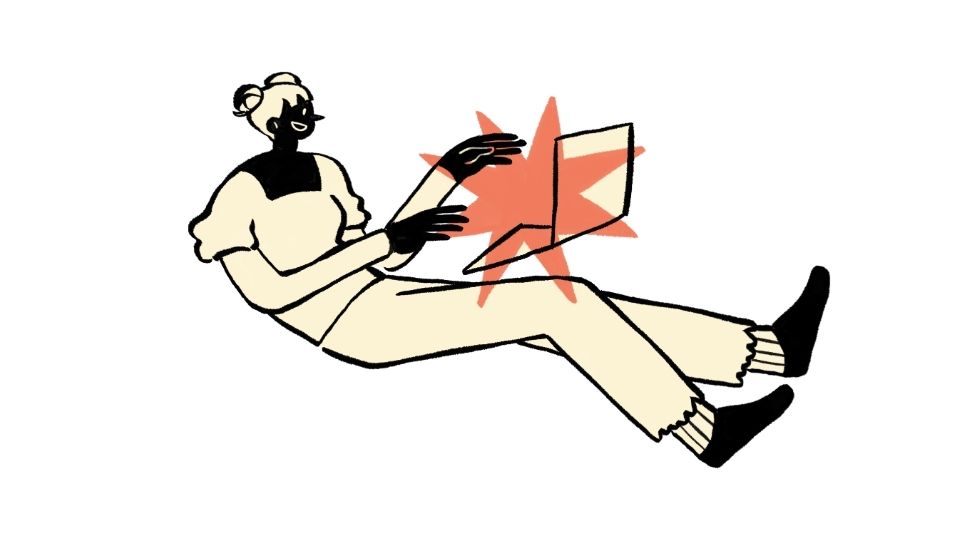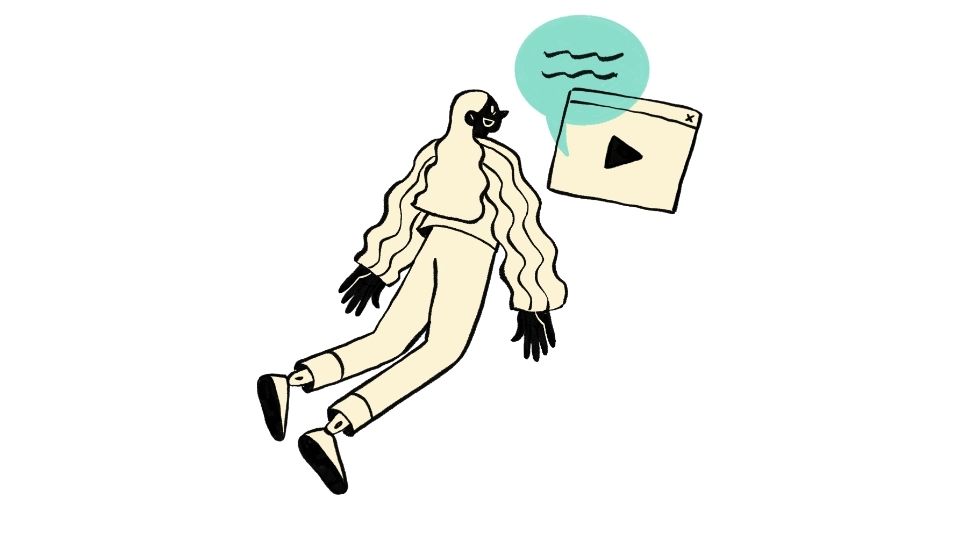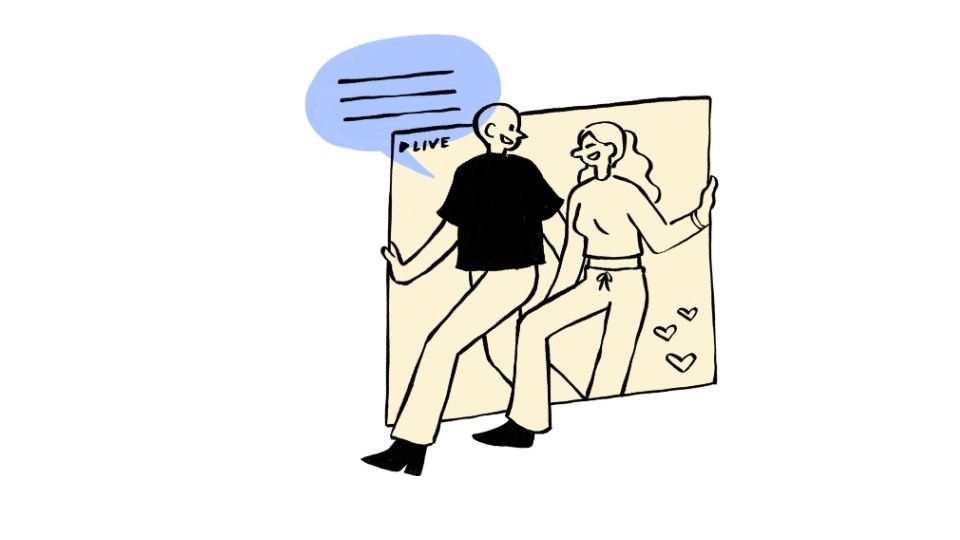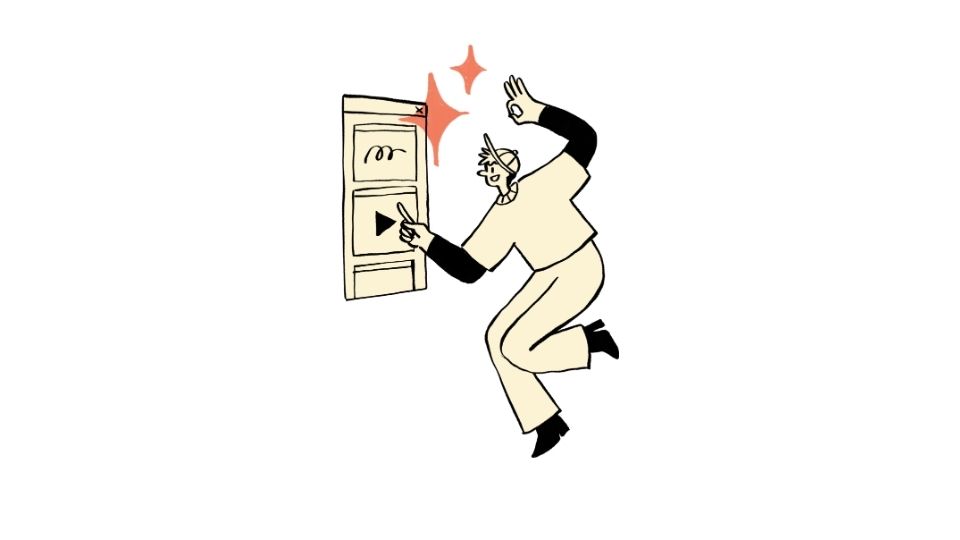Feeling Stuck at Work? Here’s How to Get Unstuck

Feeling stuck in your job is like wearing shoes that are half a size too small — uncomfortable but not quite painful enough to make you kick them off immediately.
But here’s the thing: you don’t have to stay stuck. There are practical steps you can take to either make your current job more bearable or find a new one that doesn’t make you want to fake your own death every Sunday night.
Let’s break down how to unstick yourself and rediscover some joy in your work life (or at least minimize the soul-crushing parts).
Why You’re Stuck and How to Get Unstuck
Figure Out Why You’re Actually Miserable

Before you can fix the problem, you need to know what the problem actually is.
Grab a notebook (or the notes app on your phone if you’re under 40) and ask yourself some honest questions:
- Do certain tasks make you want to gouge your eyes out with a stapler?
- Is your boss a micromanaging nightmare?
- Are you bored out of your mind with zero mental stimulation?
- Does your pay make you laugh-cry when you check your bank account?
Understanding exactly what’s making you miserable is like diagnosing an illness before treatment — absolutely necessary if you want to actually fix things instead of just treating symptoms.
Research from Harvard Business Review shows that people who identify the specific causes of their work dissatisfaction are 70% more likely to successfully address them. Not a made-up statistic at all!
Look for Better Options Where You Already Are
Before you dramatically quit and burn bridges (tempting, I know), see if there are ways to make your current job suck less.
Internal transfers might be your golden ticket. Moving to a different team or department lets you:
- Keep your seniority and benefits
- Use your existing company knowledge
- Avoid the whole “new job” anxiety rollercoaster
Talk to HR or your manager about shadowing opportunities in other departments. Or better yet, find someone in a role you’re interested in and buy them coffee. People love talking about themselves, and you might score some insider knowledge about openings before they’re posted.
Set Some Actual Goals (Not the Vague Kind)

“I want to be happier at work” is not a goal. That’s a wish. And wishes are for birthday candles and shooting stars.
Real goals look more like:
- “I will take one professional development course by the end of this quarter”
- “I will have coffee with one person from a different department each month”
- “I will apply for three internal positions this year”
According to a Dominican University study, people who write down their goals are 42% more likely to achieve them. So get writing!
Don’t Burn Your Bridges (Even When You Want To)

Even if you’re planning your escape, keep being a professional human being. The work world is smaller than you think, and that coworker you ghosted might end up interviewing you for your dream job five years from now. Awkward.
Build relationships outside your immediate team too. Those connections can:
- Alert you to new opportunities
- Provide references when you need them
- Make your current job more bearable through social support
Ask For What You Deserve (Politely but Firmly)
If you feel undervalued, speak up! Your boss isn’t a mind reader, and the squeaky wheel gets the promotion (or at least the not-terrible assignments).
When asking for recognition or a raise:
- Come with specific examples of your contributions
- Connect your work to company results
- Know your market value (sites like Glassdoor are your friend)
According to PayScale research, only 37% of workers have ever asked for a raise, but 70% of those who ask receive some kind of increase. The odds are in your favor!
Fix Your Work-Life Balance (It’s Probably Terrible)
Sometimes the problem isn’t the job itself but how it’s bleeding into every other part of your existence.
Try setting some boundaries:
- Turn off Slack notifications after hours
- Actually use your vacation days (all of them!)
- Say “no” to additional work when you’re already maxed out
Your job is like a gas — it will expand to fill whatever container you give it. Make that container smaller, and you might find the job itself becomes more manageable.
Make Your Workplace Less Soul-Crushing
If you can’t change the work, maybe you can change the environment. Small tweaks can make a big difference:
- Organize a weekly lunch with colleagues you actually like
- Add plants to your workspace (they’re proven to reduce stress)
- Suggest a monthly social event that doesn’t involve trust falls or team-building exercises that make everyone cringe
According to Gallup research, having a best friend at work makes you 7 times more likely to be engaged in your job. So make some work friends!
When All Else Fails, Plan Your Escape

If you’ve tried everything and still hate your job more than mosquitoes hate citronella, it might be time to look elsewhere.
But do it strategically:
- Update your resume and LinkedIn before you start applying
- Use your current job to learn transferable skills
- Network like your career depends on it (because it does)
- Don’t quit without another offer unless you have a substantial financial safety net
Remember, the best time to look for a job is when you already have one. It gives you leverage and keeps you from accepting the first offer out of desperation.
The Bottom Line
Being stuck in a job you hate doesn’t mean you’re stuck forever. By pinpointing what’s wrong, exploring internal options, setting clear goals, maintaining relationships, advocating for yourself, fixing your work-life balance, improving your environment, and strategically planning your next move, you can unstick yourself.
Most people stay in jobs they hate for way too long. Don’t be most people. Life’s too short to spend 40+ hours a week doing something that makes you miserable.
Take one small step today — whether it’s updating your resume or just talking to your boss about a project you’d rather be working on. Small actions lead to big changes, and future you will be grateful you didn’t just keep complaining while doing nothing.

